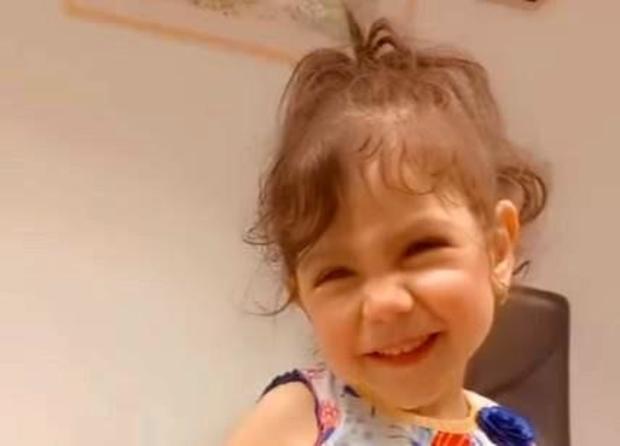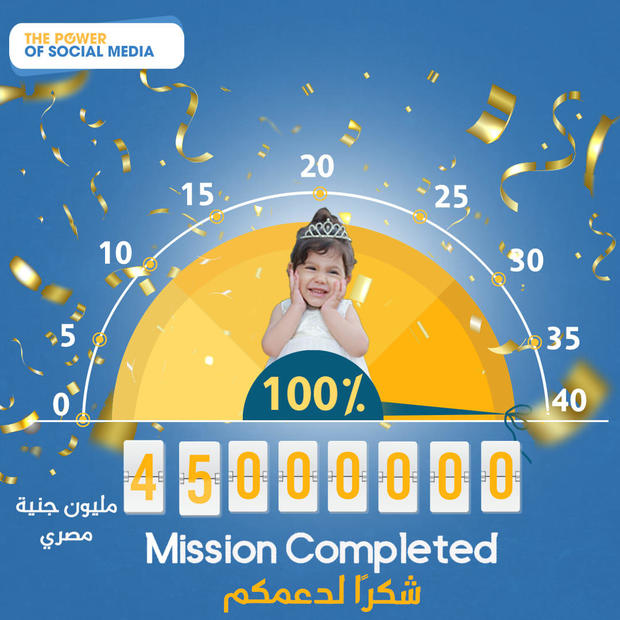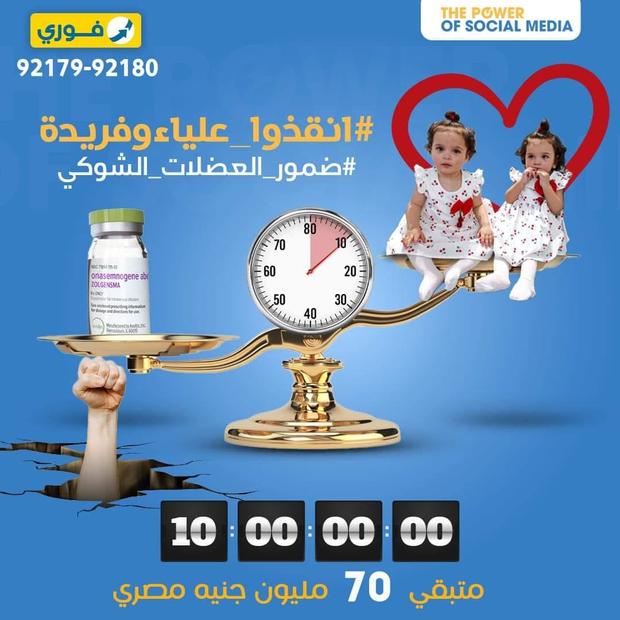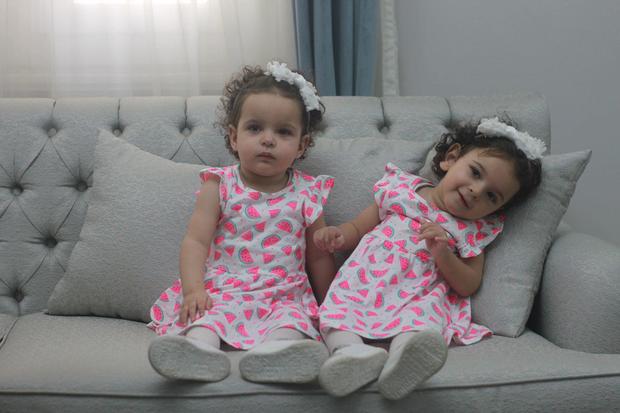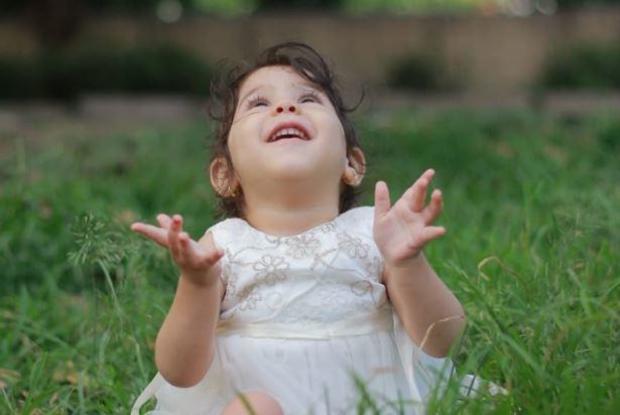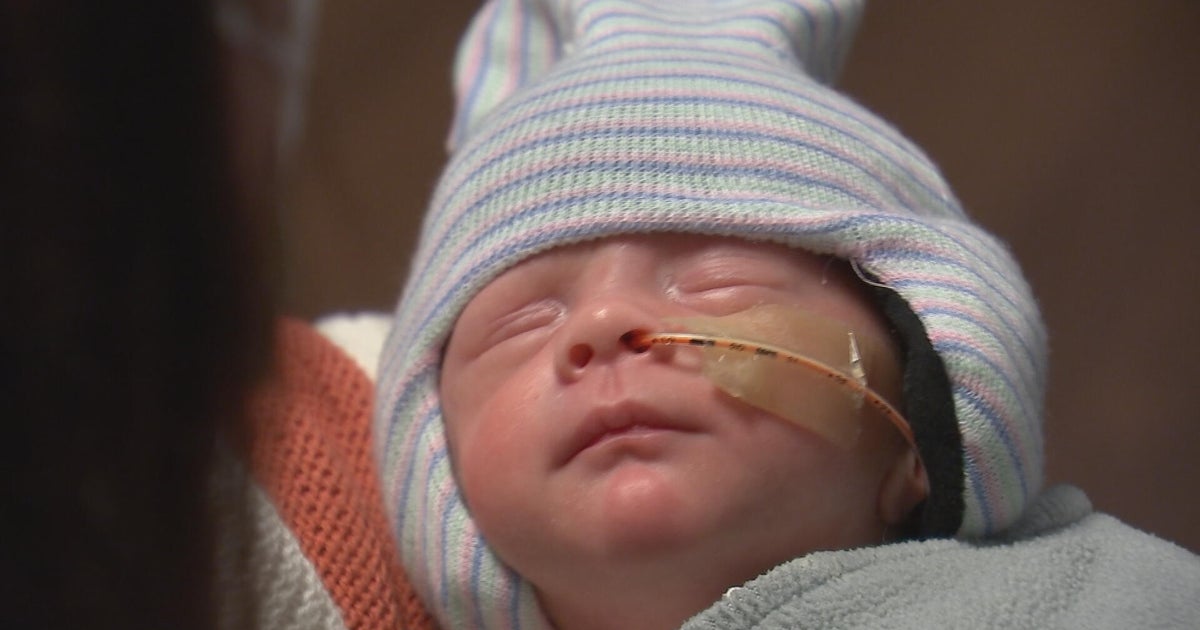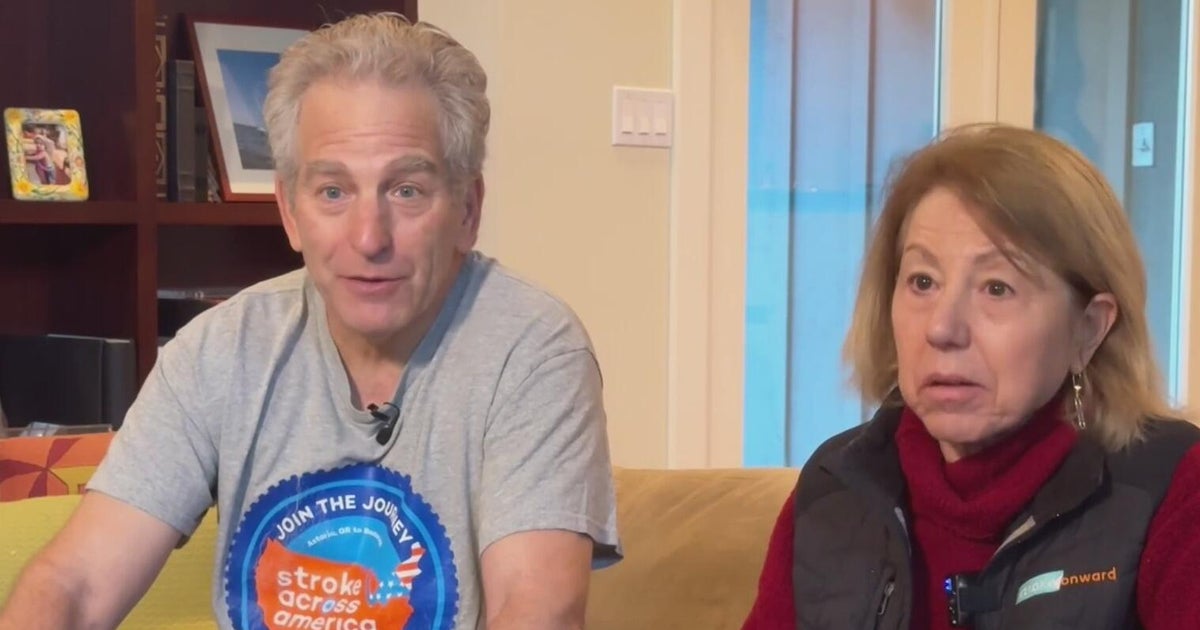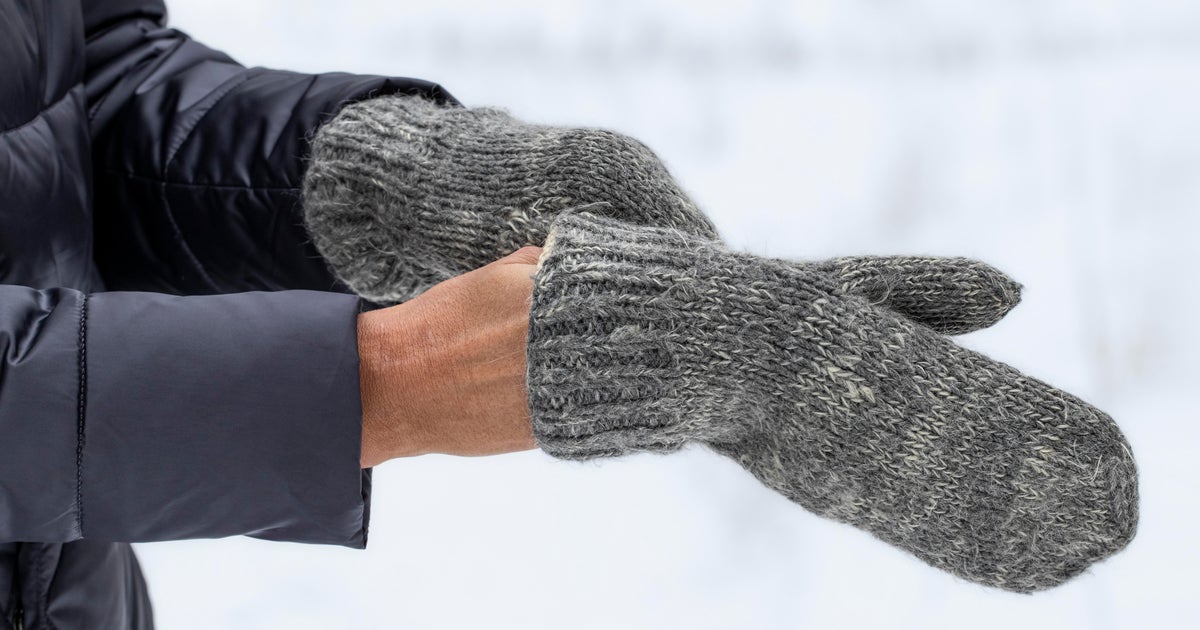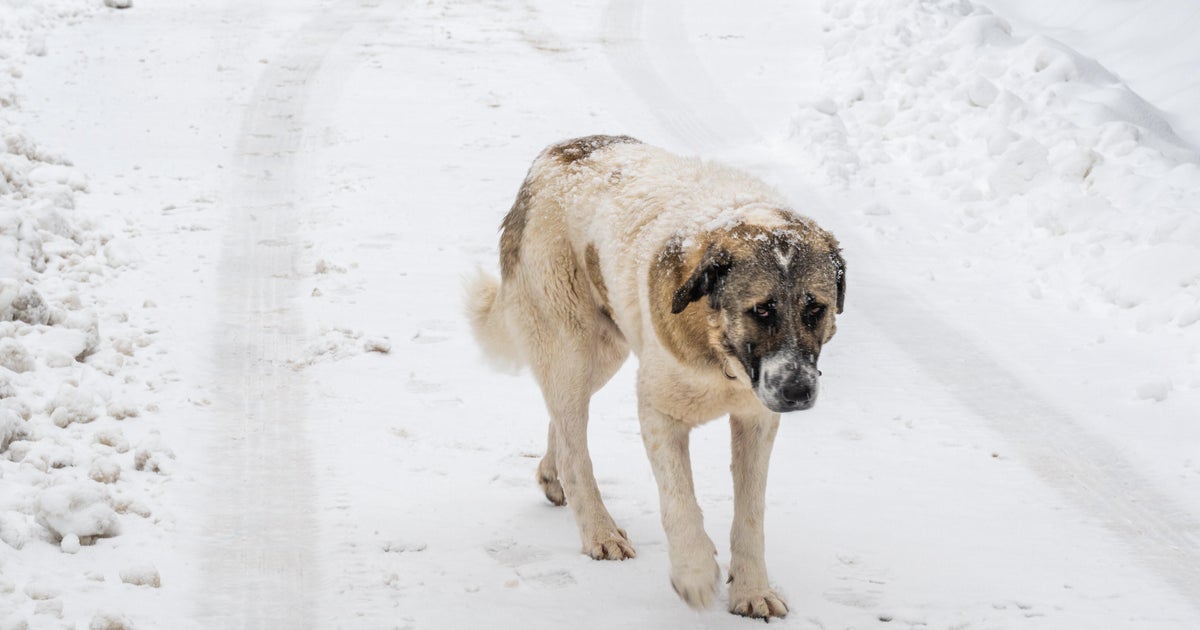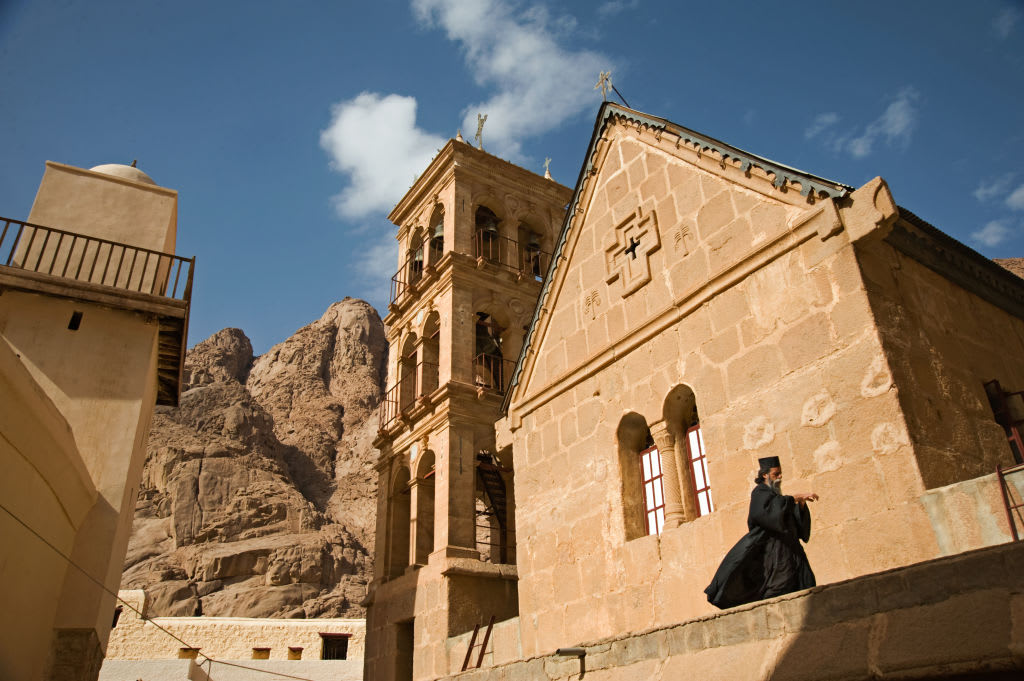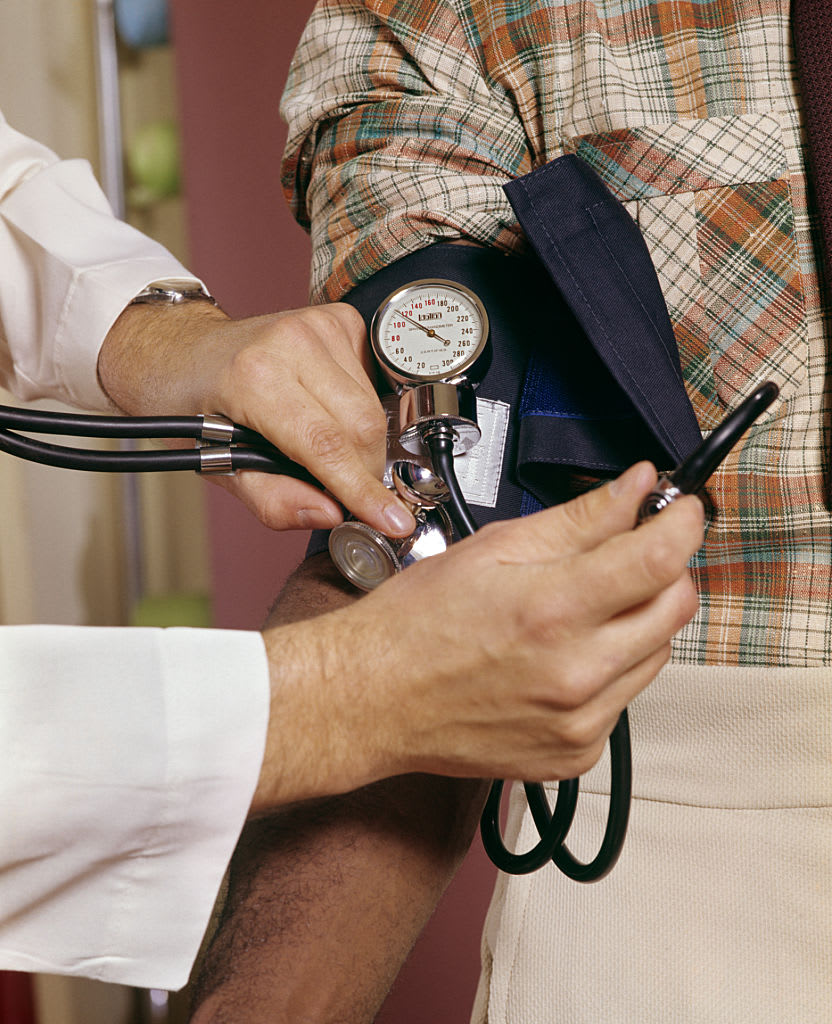"The Power of Social Media": More than $2M crowdfunded for medicine to save a little girl's life
Cairo — Roqaia Reda was born on July 13, 2020, in Alexandria, Egypt. She seemed a happy and healthy baby girl for her first six months, but then her parents started noticing some unusual symptoms. After a series of tests, Roqaia was diagnosed with spinal muscular atrophy (SMA), a rare degenerative neuromuscular disorder that leaves patients without control of their bodies.
In the most severe cases, which are generally those that manifest in early childhood, patients often die before they reach their second birthday. Most people with moderate cases live into adulthood, but they're often left unable to walk.
There are a couple drugs to treat SMA in young children, the most effective being a single-dose, intravenous treatment of Zolgensma. The gene therapy, which was only approved for use on young SMA patients in the United States in 2019, is often referred to as the most expensive drug in the world. Manufacturer Novartis puts the price tag for a treatment at about $2.1 million.
While finding that kind of money would be difficult for most families around the world, there is also little time to do so, as it must be administered to the child before they turn 2.
For Roqaia's parents, it was impossible to fathom, especially as her second birthday was just a couple of weeks away. For perspective, the minimum wage in Egypt is about $145 per month. A family with two parents on that kind of wage would have to save for more than 600 years to afford the treatment.
So, Roqaia's family looked for help. A crowdfunding effort was launched on social media, and after a slow start, it started gaining traction as actors, singers, athletes and other celebrities helped spread the word.
One of the people behind the campaign was Mohamed Wanas, an Egyptian IT engineer who lives in Dubai and runs a nonprofit organization called "The Power of Social Media," which helps people with medical issues. Wanas and his team of more than 120 volunteers — the "Beehive," he calls them — led the crowdfunding effort for Roqaia's family.
He told CBS News that while his group studies and analyzes data to maximize donations through social media, it was a real-life glimpse into the family's daily struggle that truly made the difference.
"Roqaia was the real hero, she did the job," Wanas told CBS News. "In one of her mom's live videos, the girl fell and screamed, 'Help me, help me!'"
The moment resonated online, and Roqaia's father Mohammed Reda told CBS News that "donations were doubling and jumping afterwards."
By June 25, after just 23 days of fundraising, they had not only collected the amount needed for Roqaia's treatment, but hundreds of thousands of dollars more. The majority of the donations were small, many of them just a dollar or two, from normal people — including kids who said they'd emptied their piggy banks for the cause.
To mark her second year, Roqaia will likely receive the most expensive birthday present she'll ever get: A chance at leading a normal life. Her Zolgensma treatment is being sent from Europe, and it should be with her doctors before her birthday.
But as neighbors joined Roqaia's family to celebrate the victory, they also chanted in support of two other little girls, twins who live more than 100 miles away.
"Whose turn next?" shouted one of the revelers amid the jubilation. "Alyaa and Farida!" came the response from the crowd. "We can do it! We can do it."
"I waited to be a mom for seven years, until we were blessed with Alyaa and Farida," the young twins' mother Aya told CBS News. "When they turned seven months, I noticed regression in my Aliya's movement, and after several checks and following up with a neurologist, she was diagnosed with SMA."
Farida tested positive for the disorder not long after.
The fundraising campaign for Alyaa and Farida actually started before the one for Roqaia, but since Roqaia was older, her deadline for treatment was sooner, and Wanas said "it didn't make any sense to run both campaigns together. We had to pause the one for Alyaa and Farida."
"This case is harder," he told CBS News. "You don't want to be in a position where you leave the mother with a choice. Like, what if we collect enough money for one shot only, which one will the mother give it to?"
The significant sum of money left over from Roqaia's campaign — Wanas wouldn't give CBS News an exact figure — will go to the next most urgent case, as per regulations set by the country's Ministry of Solidarity.
Wanas believes it will go to the twin sisters.
"I have great hopes," said Aya, the girls' mother. "Roqaia's campaign doubled the hope in my heart."
"This is our last hope to save my babies' lives," she said.
Asked what her family would do if only enough money was raised for a single treatment, she told CBS News: "I don't want to think about it."
Both Wanas and Aya said they were confident they'll make it before the deadline. They have about 50 days to scrape together the roughly $3.5 million still needed to buy both girls the treatment.
And then there are others waiting in line to benefit from the work of Wanas and his team. A third little girl, Celine, still has a few months before her second birthday, but she'll likely be next after the twins.
Sometimes, Wanas gets a plea for help too late. The family of a young boy with SMA reached out recently, but he will turn 2 in just a couple weeks.
"The procedures to do the paperwork and open bank accounts authorized to collect funds monitored by the government take time. So, when some cases come to us for help with very little time, we just know, we can't help," he told CBS News.
The success of the campaign for Roqaia has driven significant media attention, bringing to light a number of new cases and a flurry of local newspaper headlines. That's all helping to fuel the campaigns to save these children.
All the families know that public attention often fades with time. But their children's medical conditions won't.
